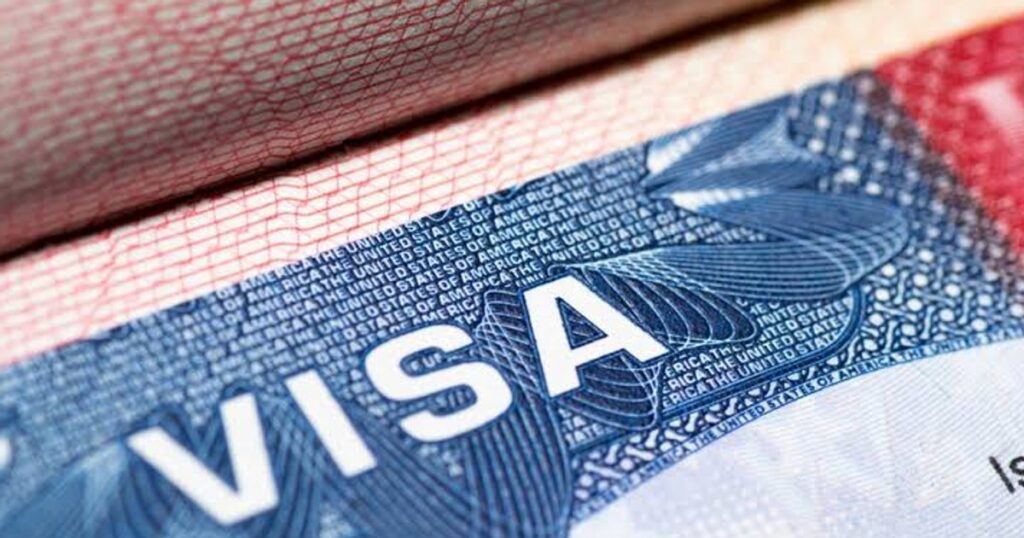The fee is inside one big beautiful bill law recently signed by US lawmakers on July 4, 2025, and is expected to come into effect later this year.
According to Immigration Law Firm Envoy Global, the new rates apply to foreigners who have issued non-immigrant visas, especially from African countries, whether students, tourists, temporary workers or business visitors.
The $250 “Visa Integrity Fee” is non-waivable, non-reducible and charged in addition to existing visa-related fees, including machine-readable visa (MRV) application fees, prevention measures fees, and interaction fees.
This means that a single visa application for Nigerians, Ghanaians or Kenyan citizens will cost up to $500, excluding documents and travel expenses.
What does this mean for African tourists and students' applications?
Any professional who exchanges African students applying for F-1 and F-2 visas, J-1 and J-2 visa visitors and apply for temporary H1-B and H-4 workplace visas will be subject to the new tax.
In particular, citizens from 42 countries, primarily in Europe, Canada, Bermuda, and several Asian and Gulf countries, are exempt under the US Visa Waiver Program.
These travelers will not be affected if they visit within 90 days. In contrast, African countries are excluded from the programmes entirely, perpetuating the continent's disadvantages in terms of access and mobility.
As the US prepares to host major global events such as the 2026 FIFA World Cup and the 2028 Summer Olympics in Los Angeles, experts have warned that the recent visa fee hike could significantly reduce international attendance, particularly from countries in Africa, South America, Asia and the Middle East.
These countries already face long waiting periods and high visa refusal rates, which could worsen if the financial burden is added.
The US claims that funds from the fees will be sent to the Treasury General Fund, but there is no indication that the funds will be reinvested in improving consular services or reducing processing delays, a long-standing challenge for African applicants.
There is a claim that fees are refundable, but there is no guarantee or clear mechanism for refunds.
Geoff Freeman, president and CEO of the American Travel Association, has criticised the new rules strongly, calling them “self-harm scars.” He emphasized the psychology behind the hike, and stated it,
“These fees are not reinvested in improving the travel experience and only discourage foreign tourists from visiting when they are already concerned about the welcoming experience and high prices.”
For many Africans, including students seeking education, entrepreneurs pursuing business opportunities in the US, families reuniting, or tourists exploring cultural exchange, the new rates present both financial barriers and symbolic messages.
As global debate on travel equity and visa reform continues, the US appears to be moving in the opposite direction, laying higher walls when the world seeks more bridges.


